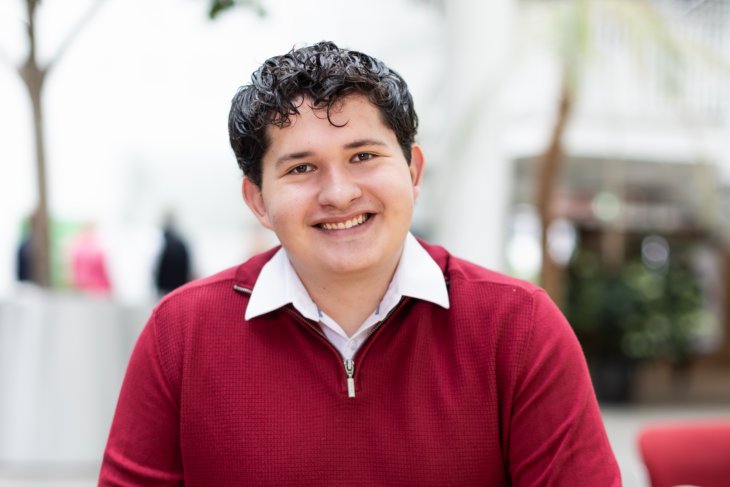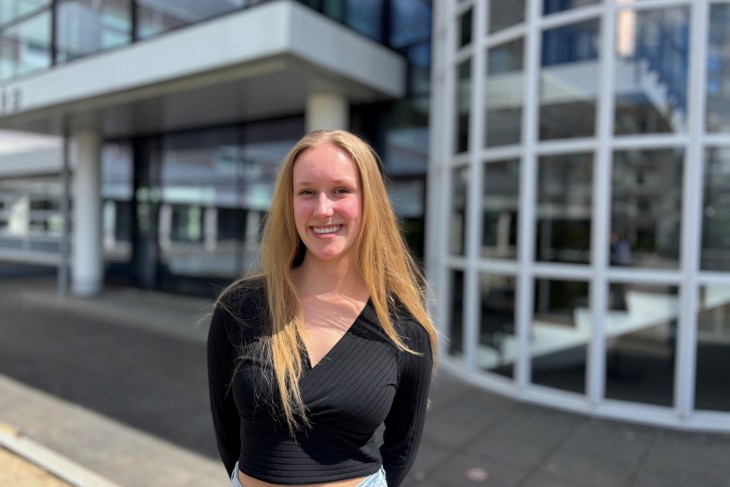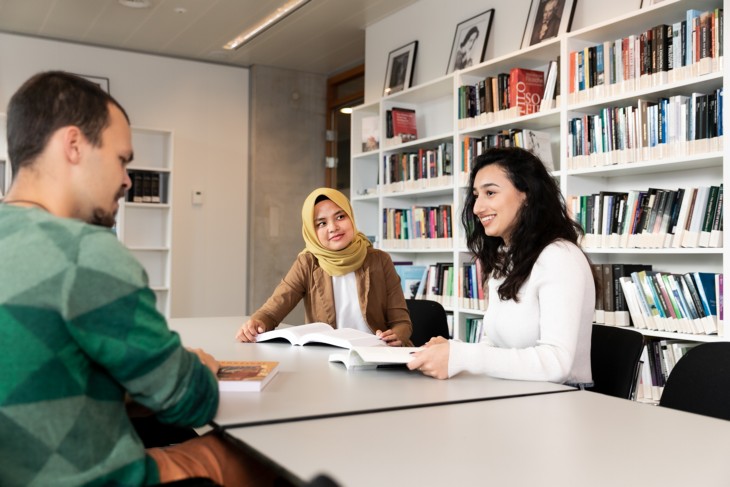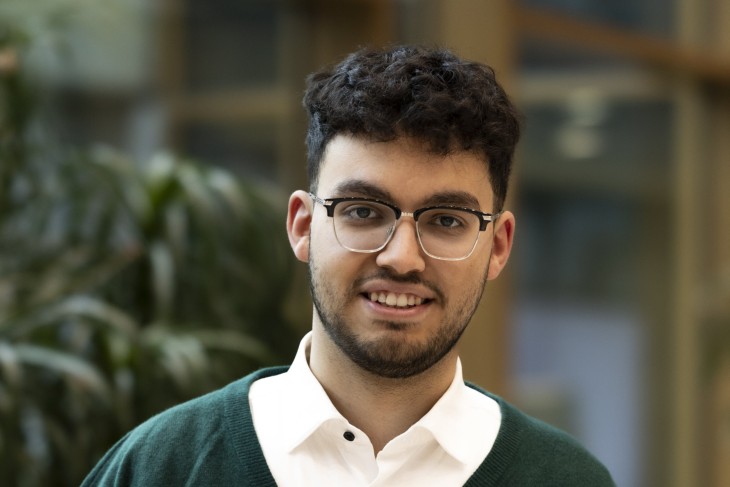“My interest in science, technology, engineering, and maths comes from my dad who encouraged me to view the world scientifically. I'm a Dutch Bolivian, and I travelled around the world with my family for years. Meeting exceptional maths and physics teachers during my travels made me even more curious about how things work. Even though I was considering other disciplines, such as technical computer science and applied mathematics, mechanical engineering always stood out because it brings the theory of maths into tangible projects, namely, understanding how turbines work and could be used in power plants.
When I returned to the Netherlands and visited the University of Twente, it felt like coming home. I did consider the Delft University of Technology and the Eindhoven University of Technology, however, I wanted to do a degree in English, and the campus atmosphere here was so cosy that I thought this would be the best place to explore my interests.
Machines with an impact
I see mechanical engineering as the core of all innovation nowadays: consider optimising electric vehicles, making transport more sustainable, or reducing carbon emissions. Moreover, as a mechanical engineer, you can choose the most suitable materials and design for prosthetics and medical devices that improve the quality of life for people with disabilities. In aerospace, you can push the boundaries of what’s possible and build safer and more efficient aircraft.
The programme is for people who love challenges, especially in maths and physics, and the best part is the mix of theoretical knowledge with practical applications. You learn about material structures and their properties and then apply these concepts to real-world scenarios, like choosing the most suitable material for the design of an airplane.
Real-world projects
One of the most rewarding projects was redesigning a power plant in Yazd, Iran. It was an opportunity to apply my knowledge to a real-world problem, calculating maximum temperatures, evaluating energy efficiencies, and understanding how to use those energies effectively. I also analysed the logistics of the power plant’s operations, decided on suitable materials, and considered their environmental impacts. The project showed me how important mechanical engineering is in addressing challenges such as sustainable energy.
In another project, my fellow students and I designed a mechanical device meant to help you work out and test your strength. We had complete freedom to choose the pieces of machinery we wanted to use. We ended up building a weight rack system that aligned perfectly with a flat arm against the table, allowing you to curl it up similar to a dumbbell curl. Our design was also adjustable for an arm wrestling motion, which many other projects didn't manage to implement. We ran into some issues with sizing and alignment down the road, but as our teachers explained, this was expected due to our building techniques and design processes. Despite those challenges, I think we ended up with a great product and learned valuable lessons in daring to make mistakes, problem-solving, and collaboration.
Future aspirations
I've been thinking of integrating computer science into my studies by taking elective courses, especially since the study includes MATLAB, a programming language used to solve mathematical problems and create simulations. I want to learn more about other systems like Python and C Sharp. Python is a versatile and easy-to-learn programming language that's great for data analysis and automation, and C Sharp is used for developing applications and software.
Beyond graduation, I haven’t decided which master’s I want to pursue. I might delve into robotics as I’m excited about bringing my ideas to life using the best technical components, or I might further specialise in mechanical engineering. Anyway, my bachelor’s has given me a solid foundation, and I’m eager to build it up.”



